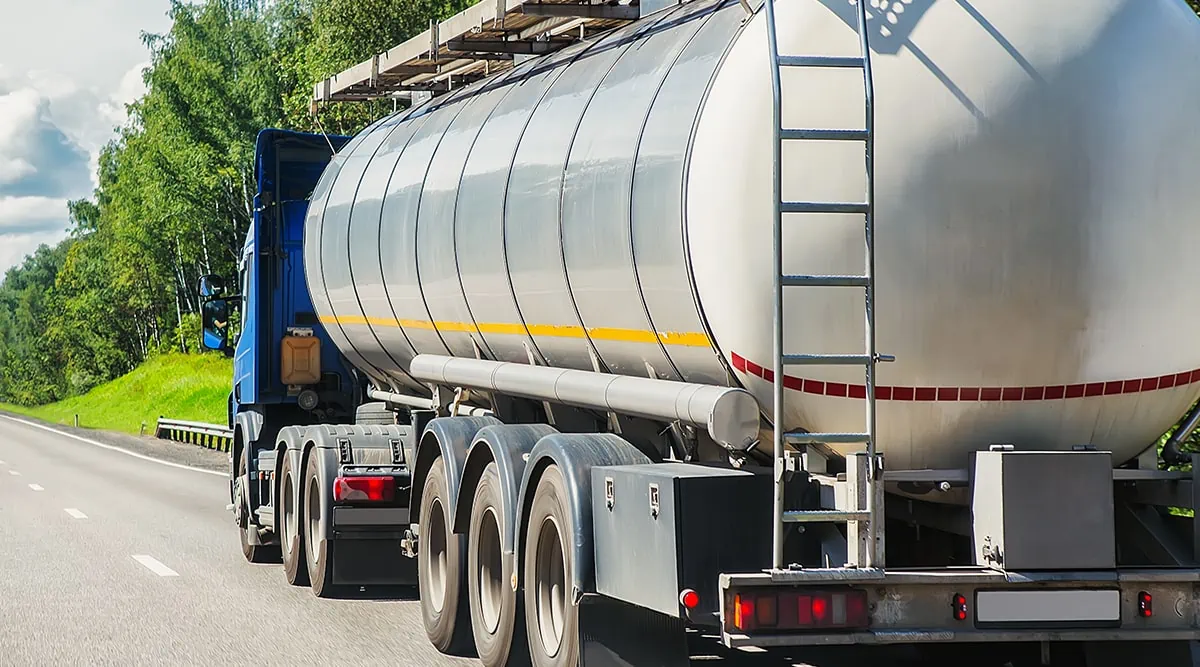10 Easy Facts About Reclaim Waste Explained
10 Easy Facts About Reclaim Waste Explained
Blog Article
Fascination About Reclaim Waste
Table of ContentsThe 6-Minute Rule for Reclaim WasteThe Reclaim Waste StatementsGetting The Reclaim Waste To WorkIndicators on Reclaim Waste You Should KnowThe smart Trick of Reclaim Waste That Nobody is Talking About
Explore the kinds, incidents, and forms of fluid waste. Residential sewage waste refers to the waste and items from a domestic septic system. This kind of waste is created by people in houses, institutions, and other structures. This only consists of septic systems that have a drainpipe area. The proper monitoring and disposal of residential sewer waste need liquid waste to be transferred to a sewage therapy plant where the correct techniques and tools are related to cleanse and get rid of waste.
Business waste often includes prospective threats, such as flammable materials or a blend of fluid and solid waste items, and requires an advanced and detailed disposal process. The disposal of commercial waste generally involves the filtration of waste before transport to guarantee safe and appropriate disposal. Hazardous waste is developed from byproducts and runoff of industrial processes and production.
This kind of waste can not use the same sewage management transportation or processes as septic or commercial liquids. The hazardous waste monitoring procedure calls for the examination and screening of fluid waste before it goes through the disposal process (liquid waste removal). Overflow waste is the liquid waste that comes from drainage and excess stormwater in highly booming locations or cities
Drainage waste can trigger contamination and flooding if not handled properly. Find out more concerning drain cleaning and waste management. Ensuring correct waste monitoring can stop disasters and reduce ecological damage. Both individuals in domestic settings and professionals in business or production industries can take advantage of comprehending the processes and laws of fluid waste management.
Not known Facts About Reclaim Waste
Call PROS Providers today to find out about our waste administration and disposal solutions and the correct means to care for the liquid waste you produce.
(https://boom-fruit-496.notion.site/Industrial-Wastewater-Treatment-The-Key-to-a-Cleaner-Greener-Future-13c9fdbb2e9380eca32fee3a79088ddf?pvs=4)This supposed 'wastewater' is not just an essential resource but, after treatment, will be released to our land, rivers or the ocean. Made use of water from toilets, showers, bathrooms, kitchen sinks, washings and industrial processes is known as wastewater.

water used to cool equipment or clean plant and devices). Stormwater, a kind of wastewater, is drainage that moves from farming and city areas such as roofs, parks, gardens, roadways, paths and seamless gutters right into stormwater drains pipes, after rain. Stormwater streams unattended straight to local creeks or rivers, ultimately reaching the ocean.
How Reclaim Waste can Save You Time, Stress, and Money.
In Queensland, most wastewater is treated at sewage treatment plants. Wastewater is moved from residential or commercial websites with a system of sewers and pump stations, known as sewerage reticulation, to a sewage therapy plant. City governments construct, keep and run most sewer therapy plants. Operators are certified under the Environmental Security Act 1994 to discharge treated wastewater at an acceptable environmental criterion right into rivers.
The Department of Natural Resources advises city governments regarding managing, operating and keeping sewage systems and treatment plants. In unsewered locations, city governments may call for homeowners to install specific or family sewage therapy systems to deal with domestic wastewater from commodes, cooking areas, washrooms and washings. The Department of Natural Resources authorizes the usage of family systems when they are verified to be efficient.
In some brand-new class, treatment of some stormwater to remove trash, sand and crushed rock has actually begun using gross pollutant catches. Wastewater therapy takes place in four stages: Eliminates strong matter.
Makes use of little living organisms recognizes as micro-organisms to damage down and remove remaining dissolved wastes and fine bits. Micro-organisms and wastes are integrated in the sludge.
All About Reclaim Waste
Nutrient removal is not offered at all sewage treatment plants because it needs costly specialist devices. Clear liquid effluent produced after therapy might still consist of disease-causing micro-organisms - liquid waste disposal melbourne.

This typically means wastewater has to be dealt with or pollutants removed before it can be released to waterways. A lot of wastewater streams into the sewage system. Under the Act, city governments provide approvals and permits for environmentally relevant tasks (ERAs) entailing wastewater launches that might have a neighborhood effect. The division carries out approvals and permits to ERAs entailing wastewater launches that could have a regional or statewide influence.
About Reclaim Waste
Tracking supplies accurate info regarding water top quality and can validate that Homepage permit problems are being satisfied. The info acquired with tracking provides the basis for making water top quality choices.
Report this page